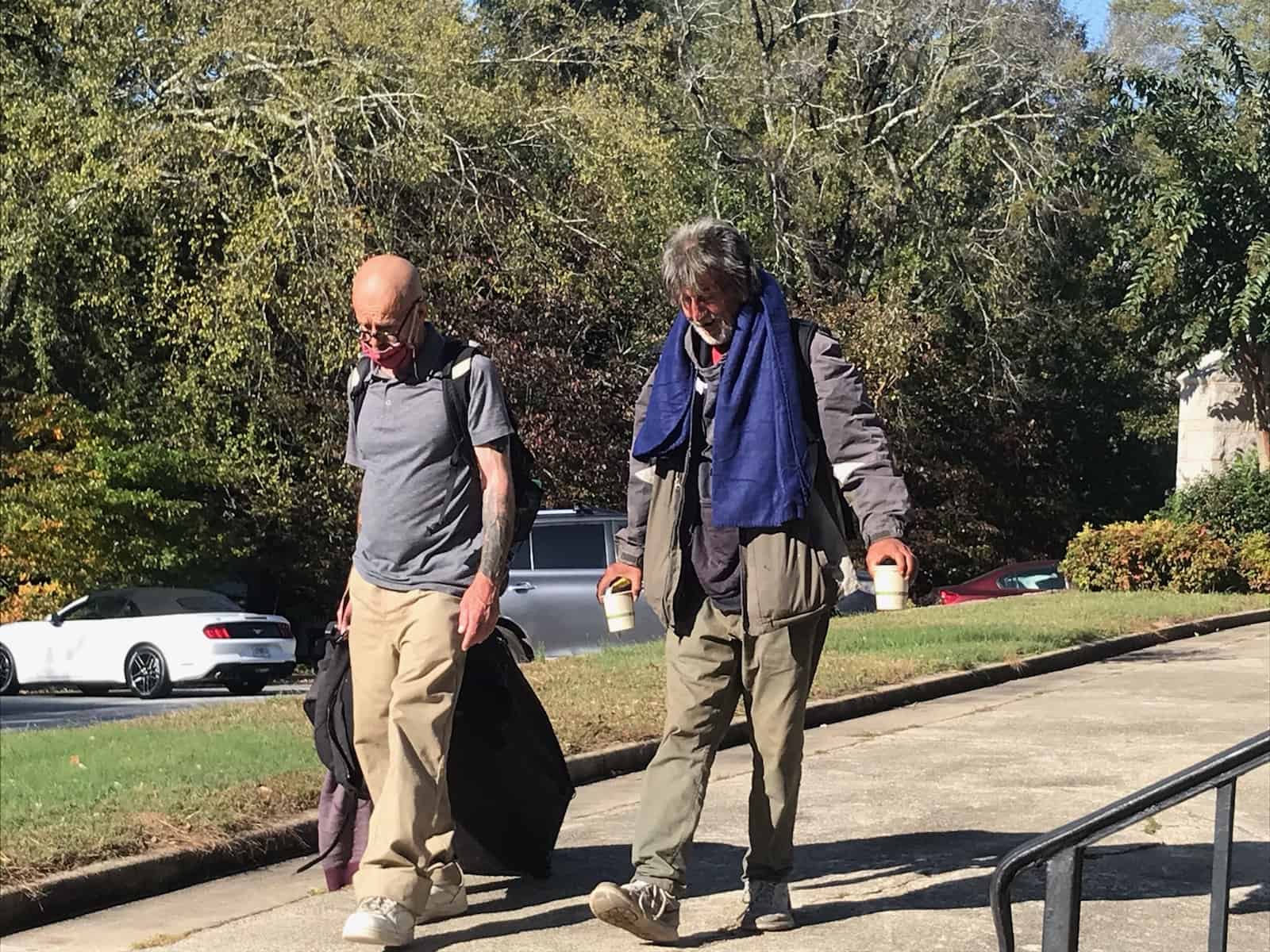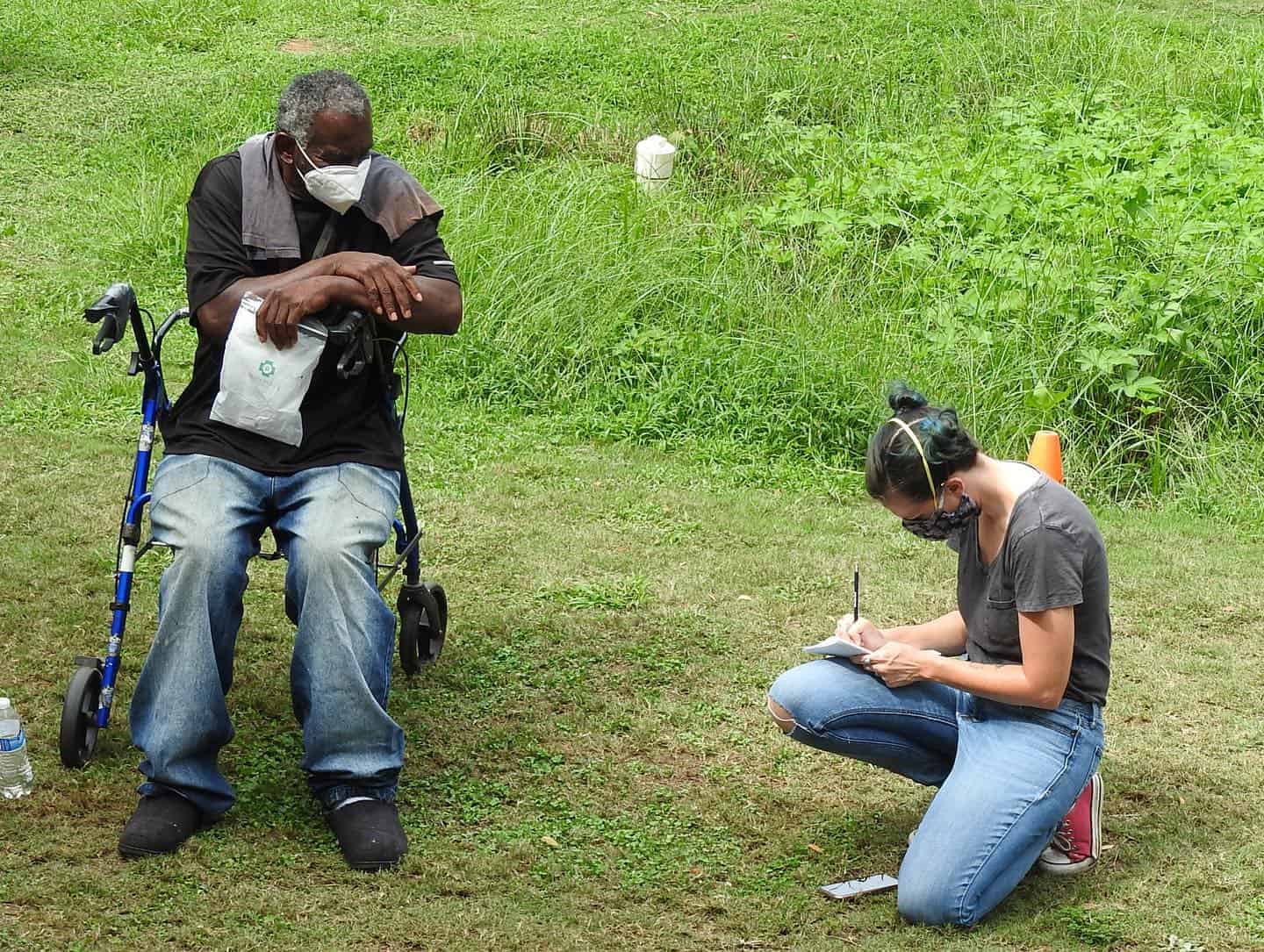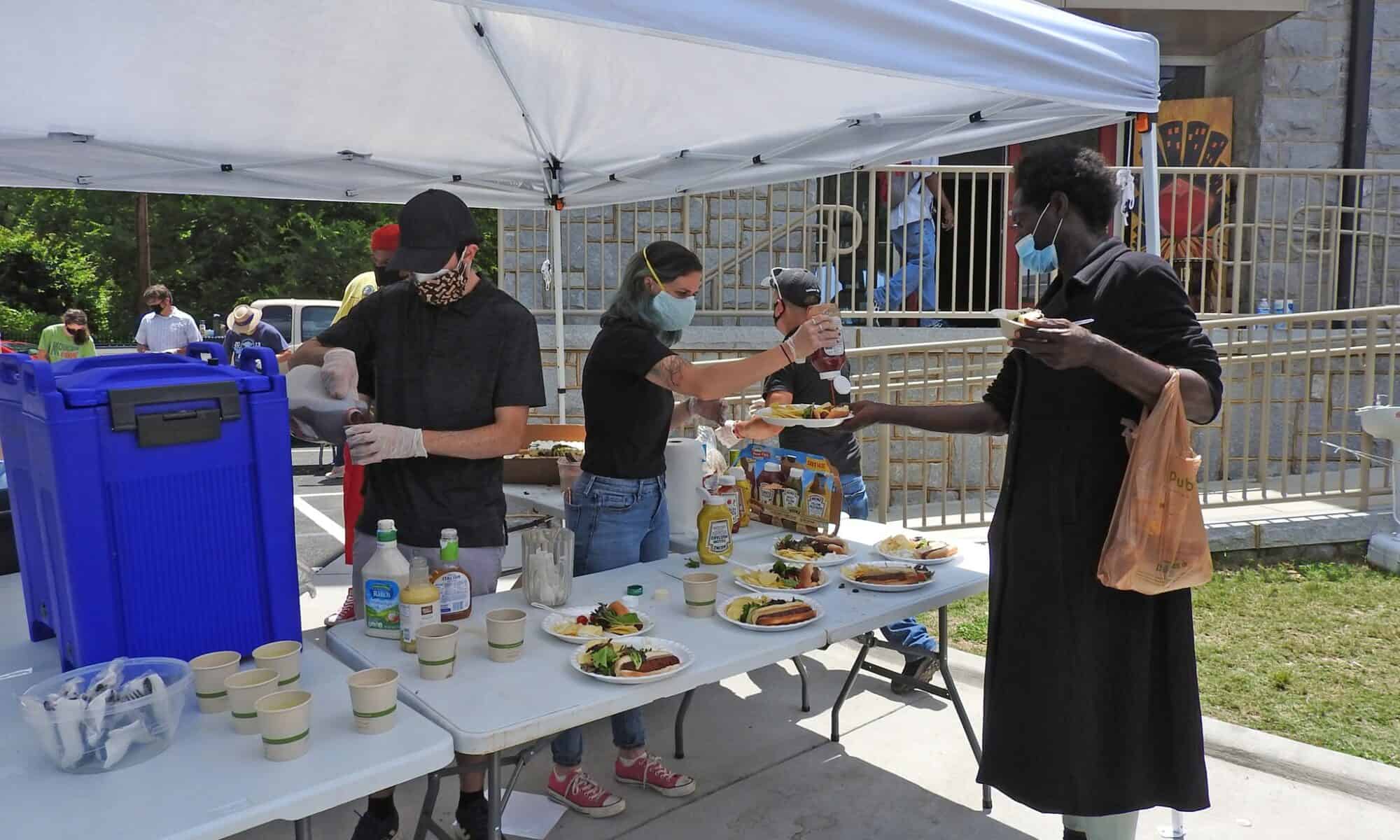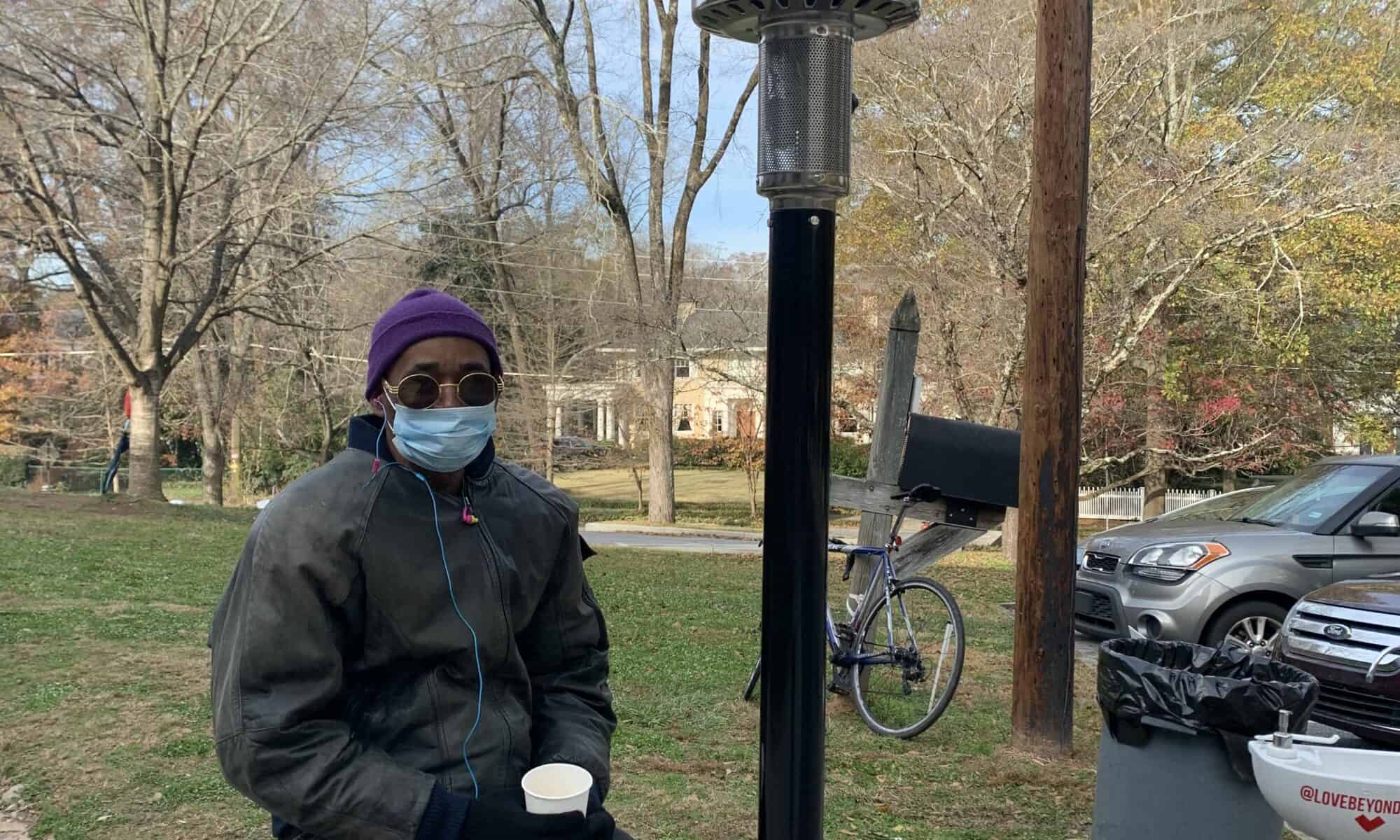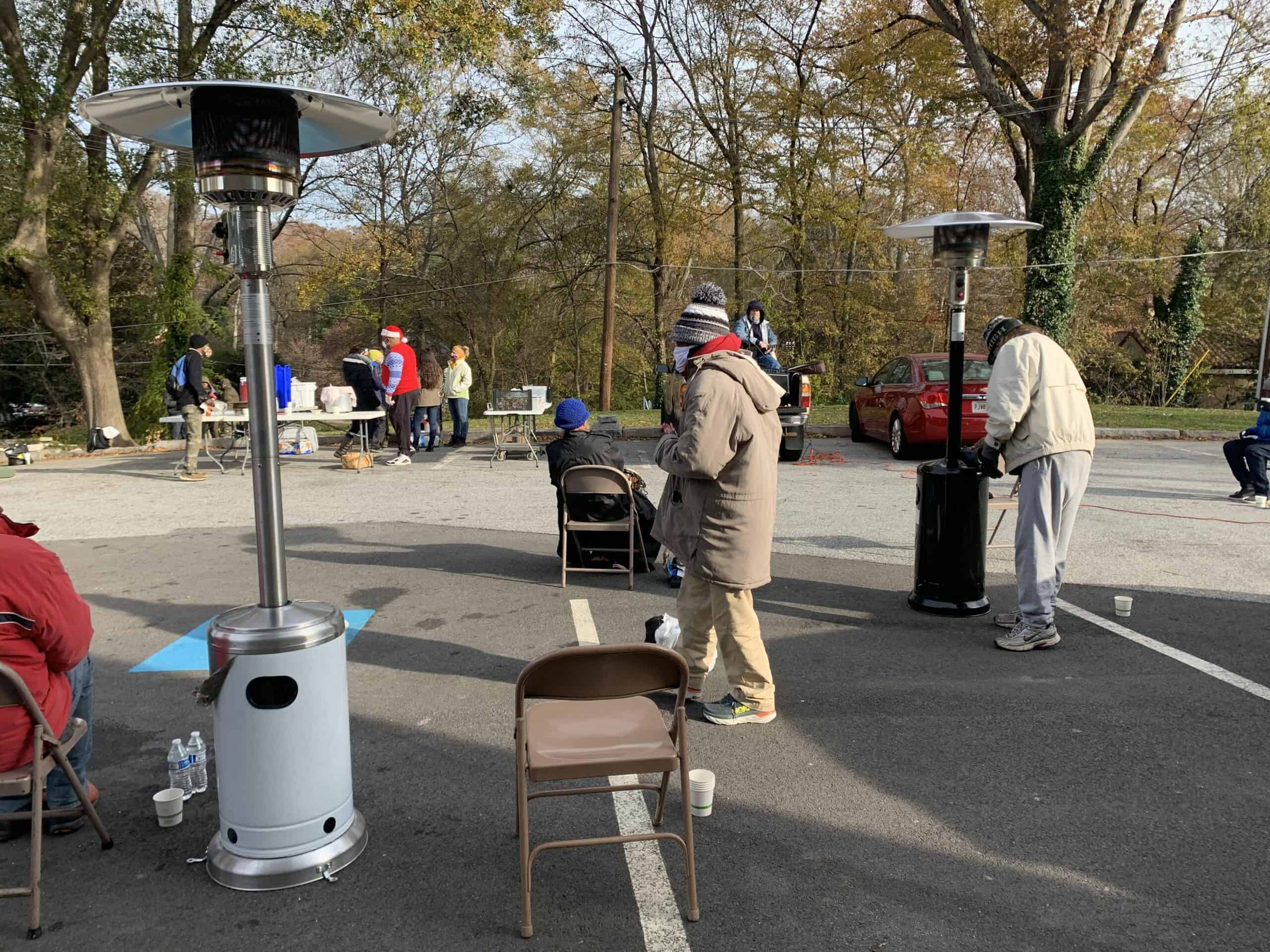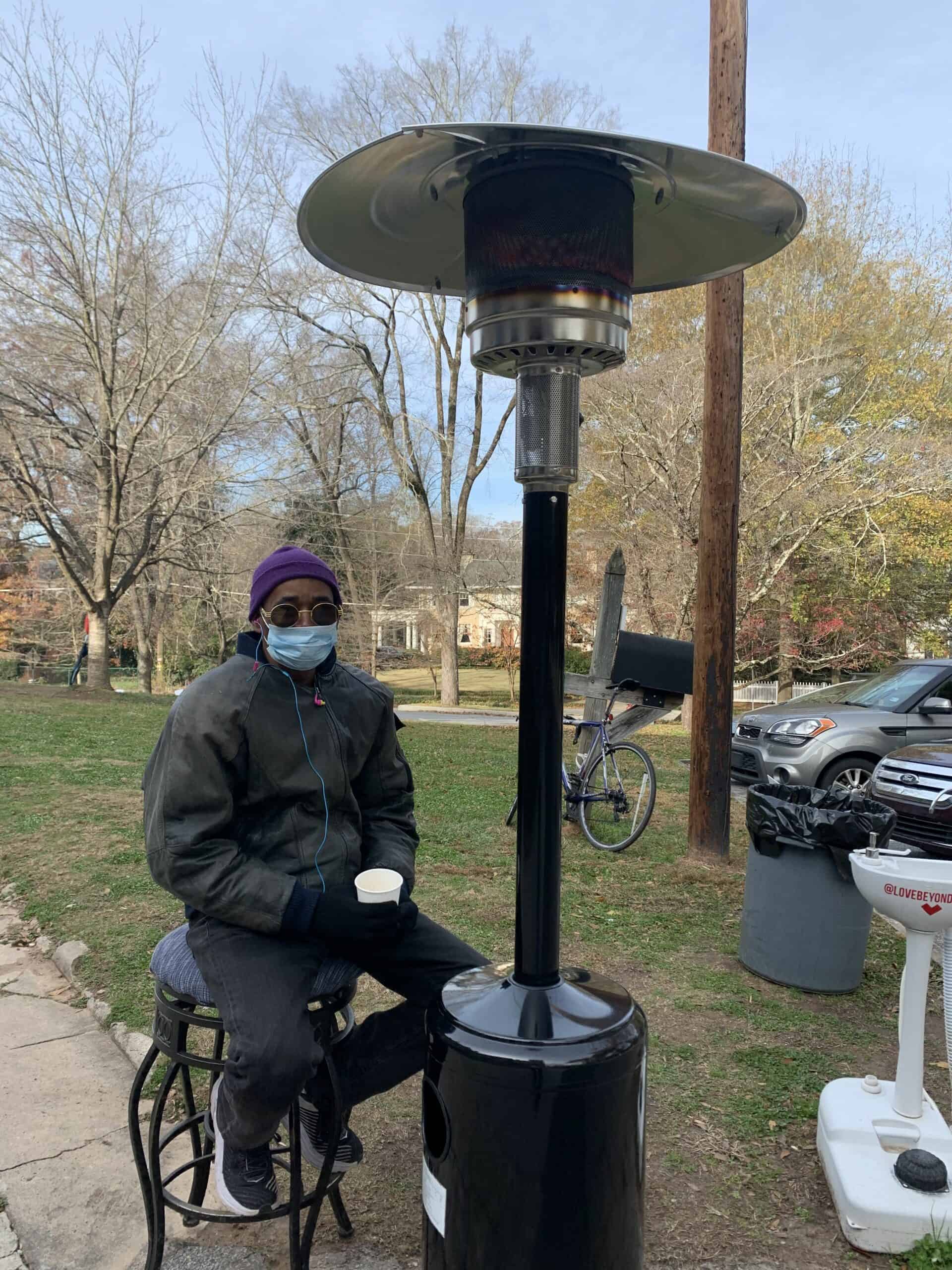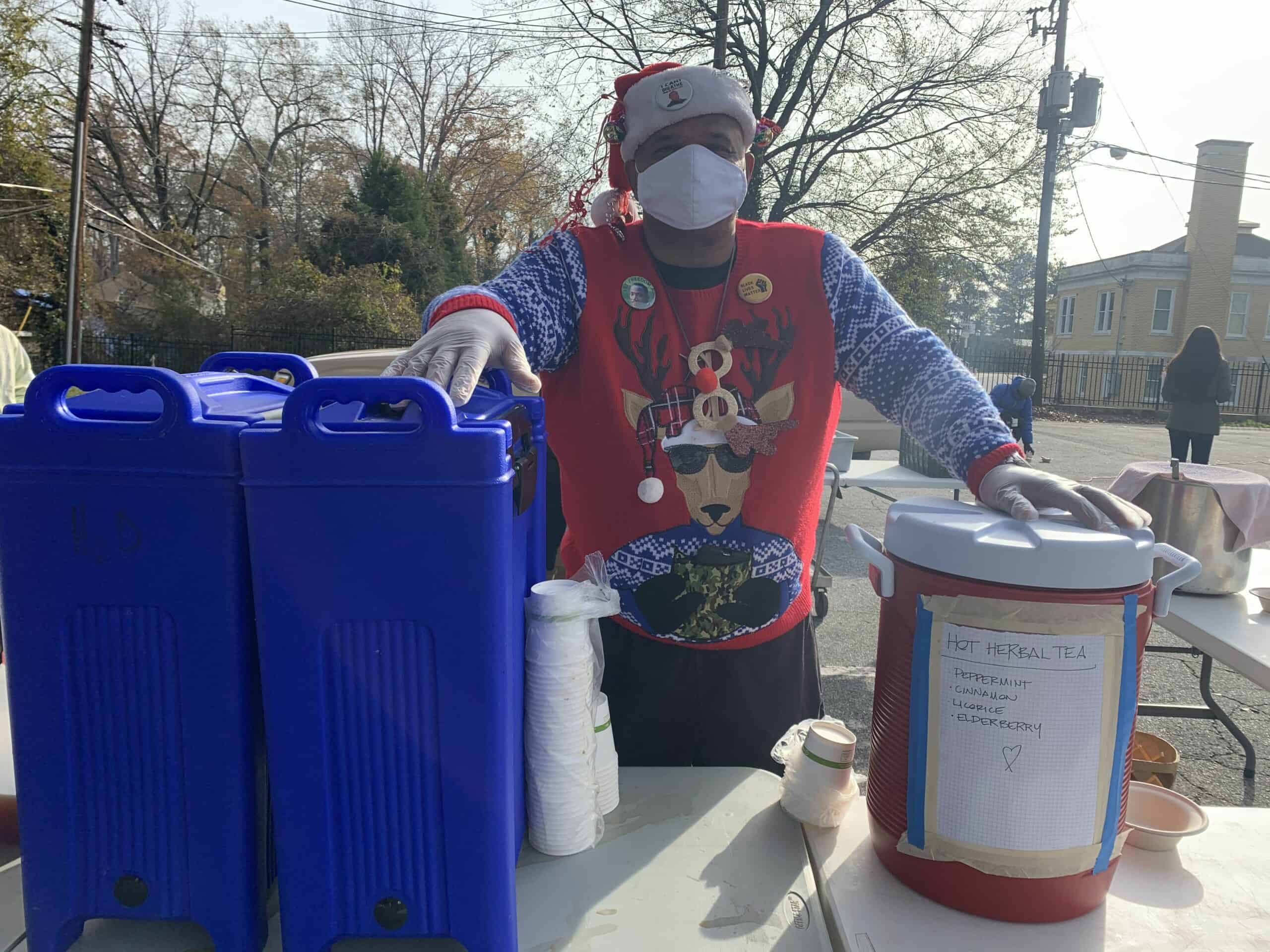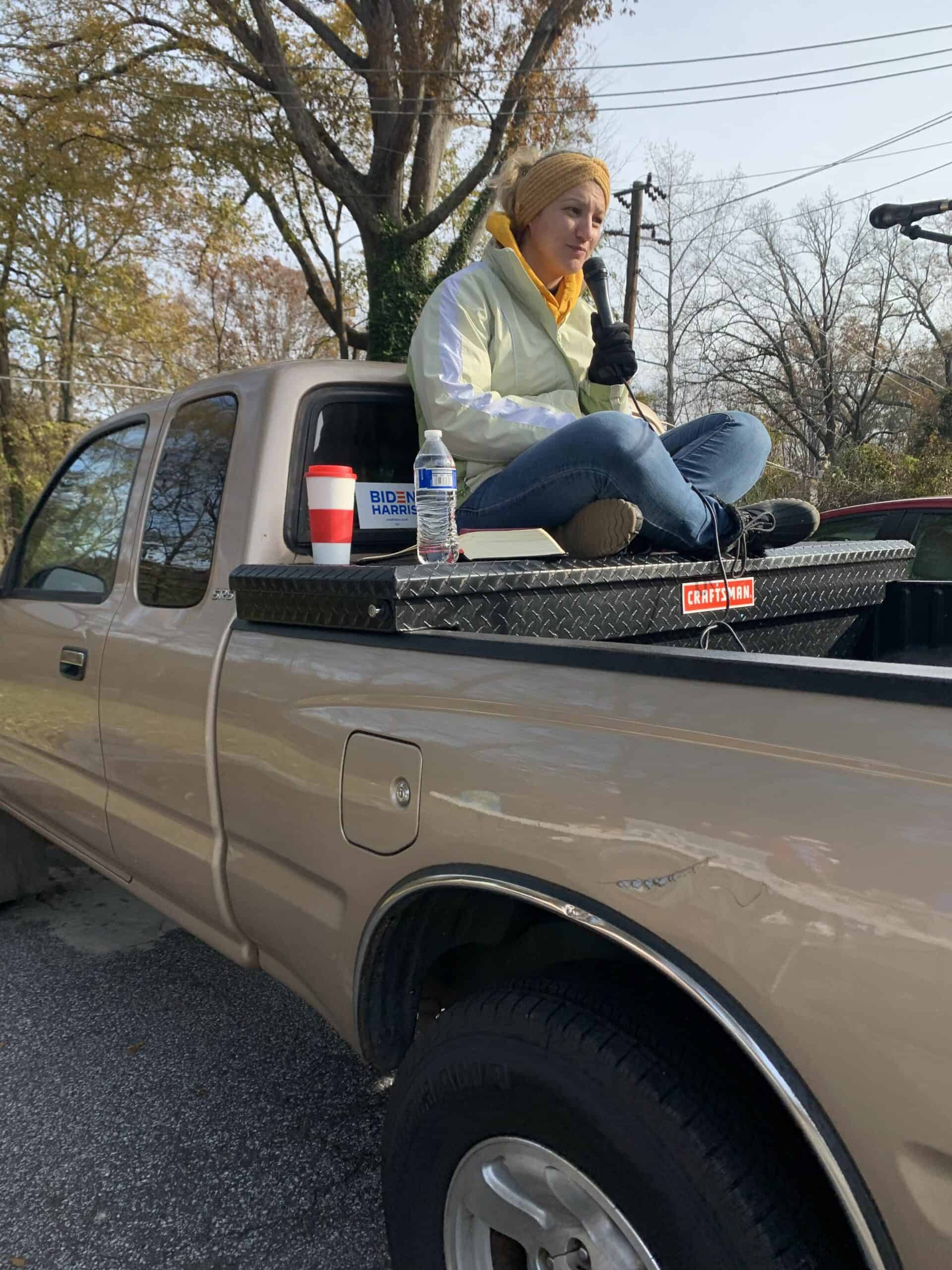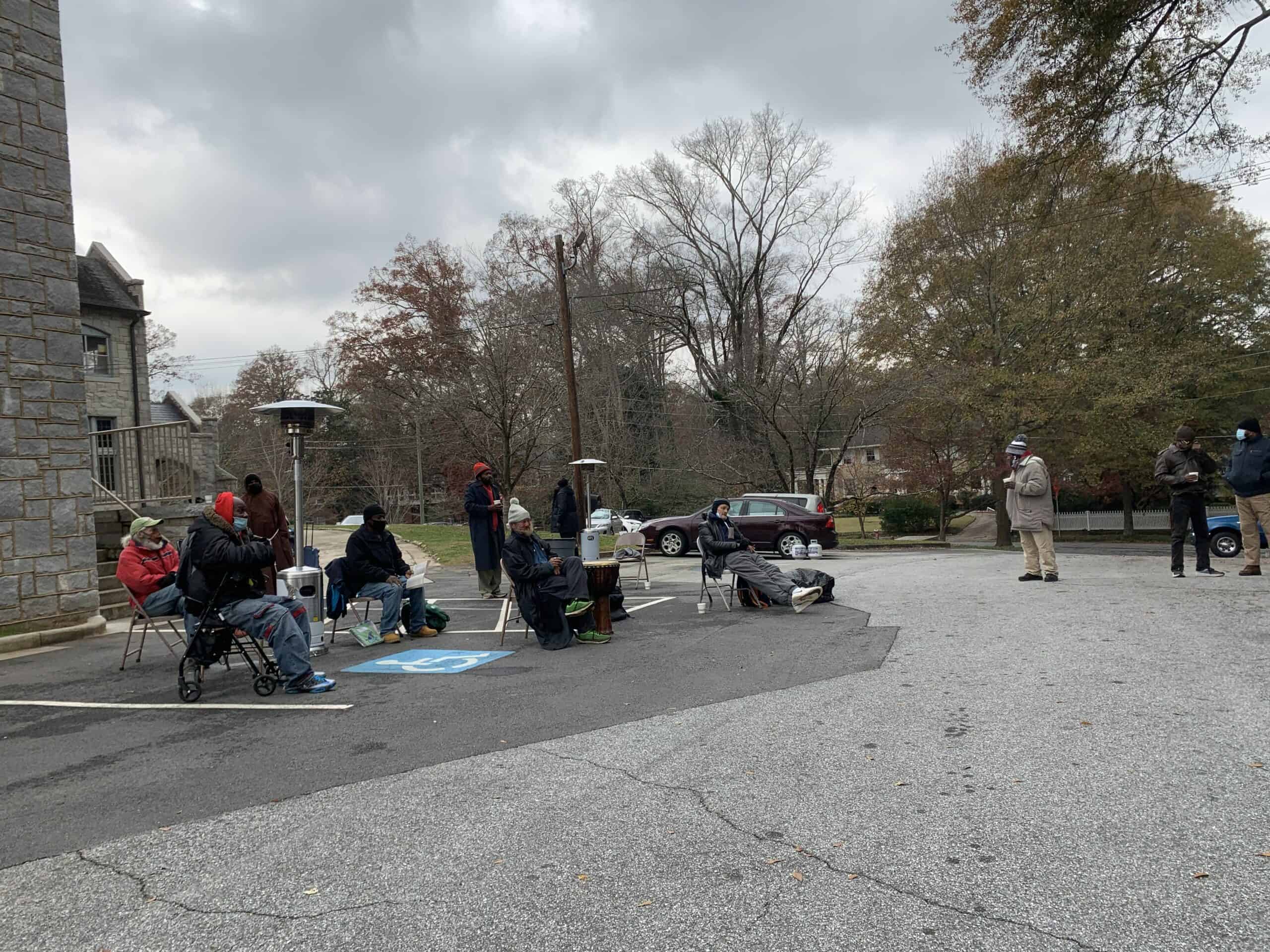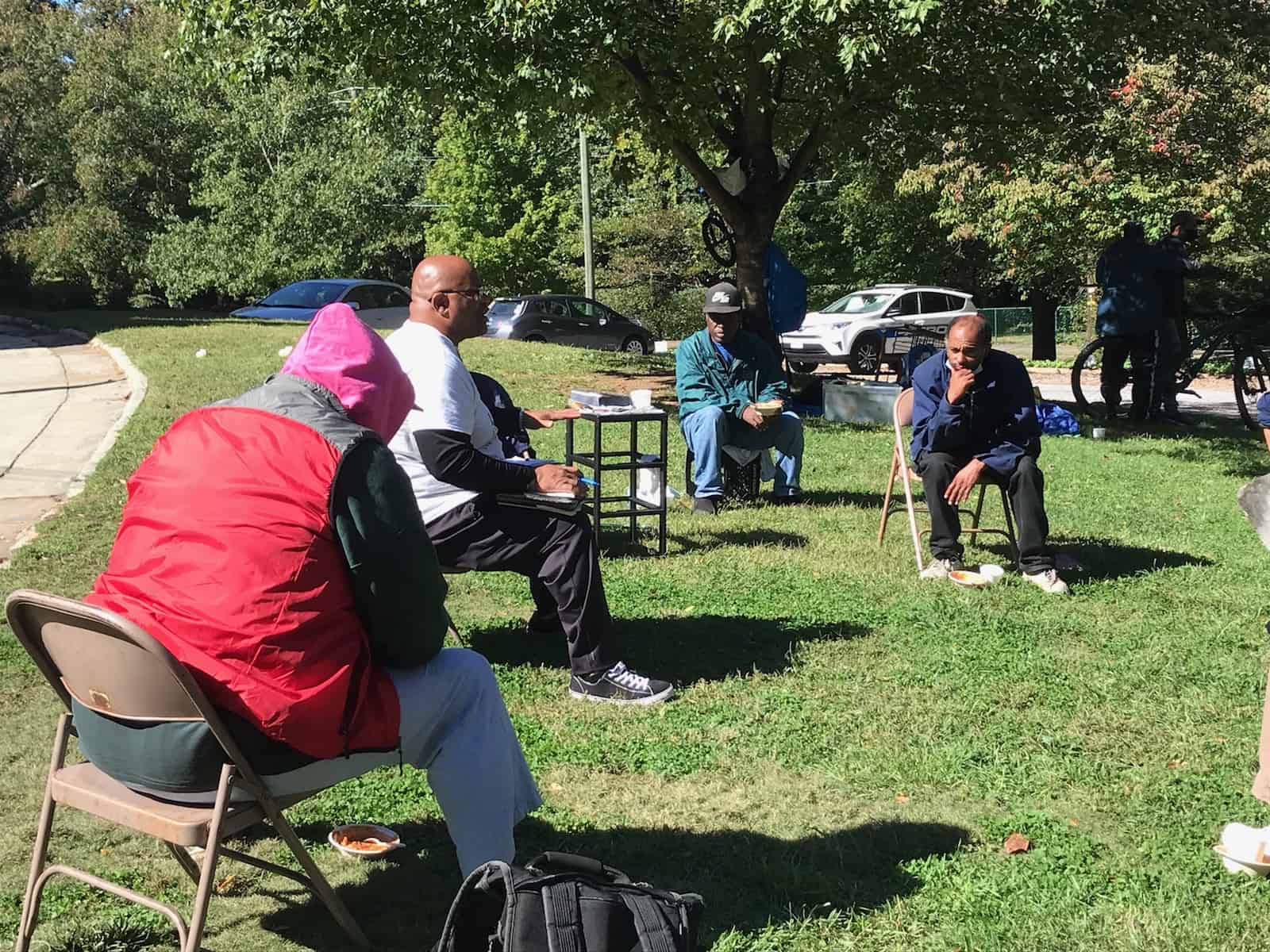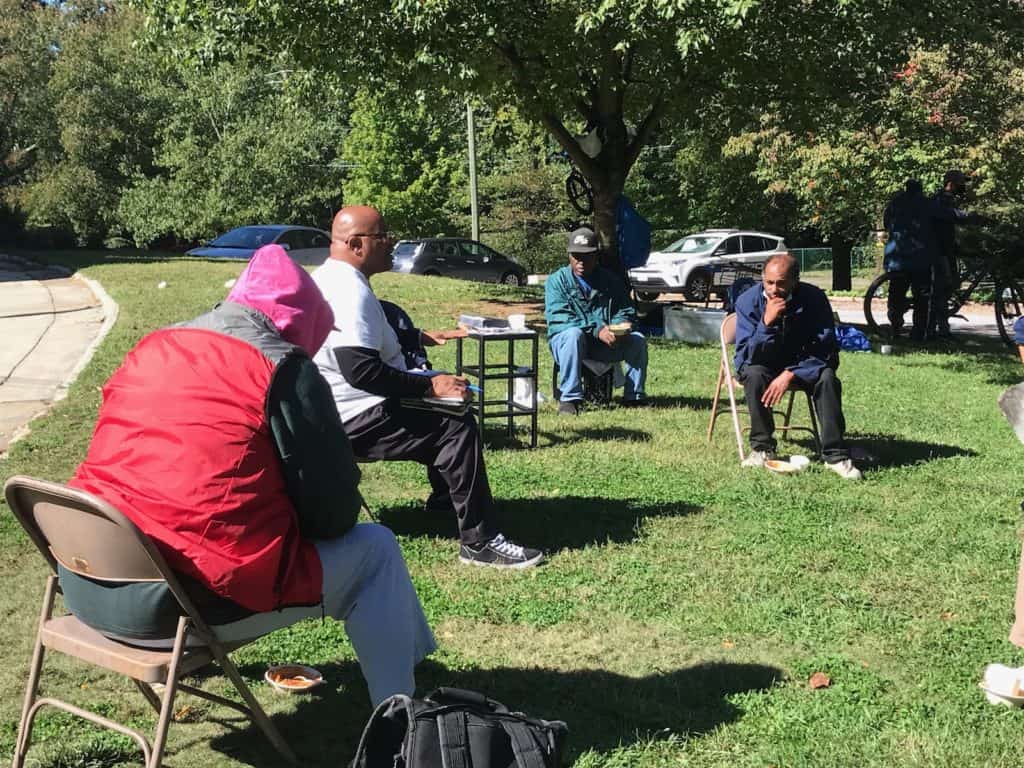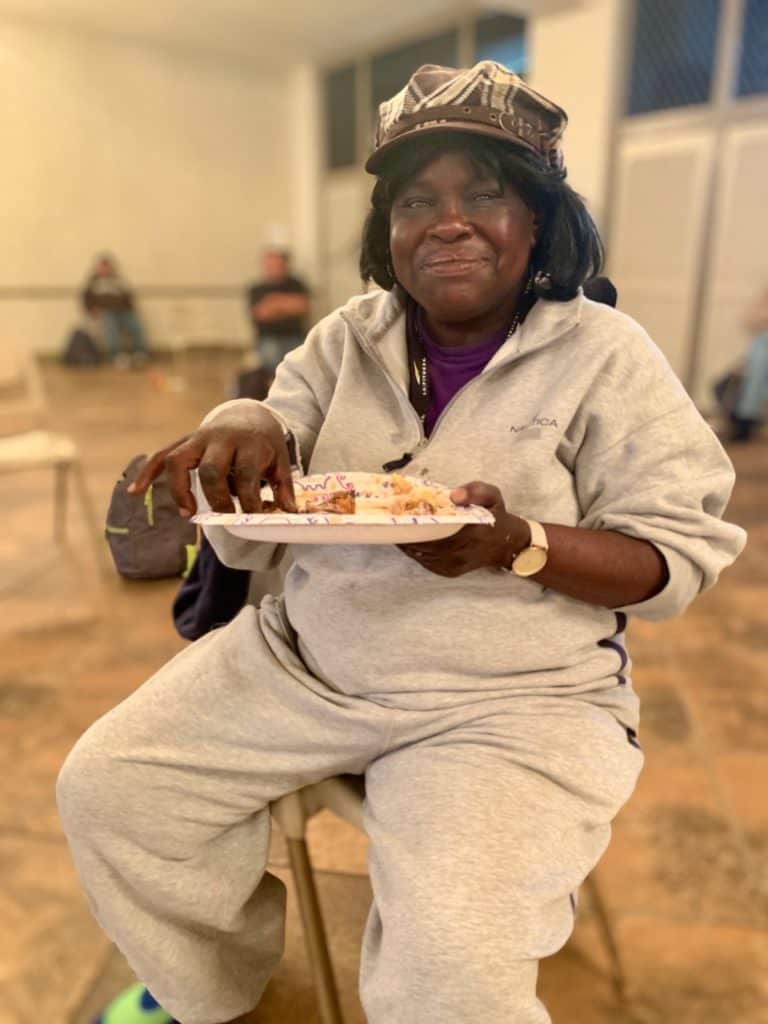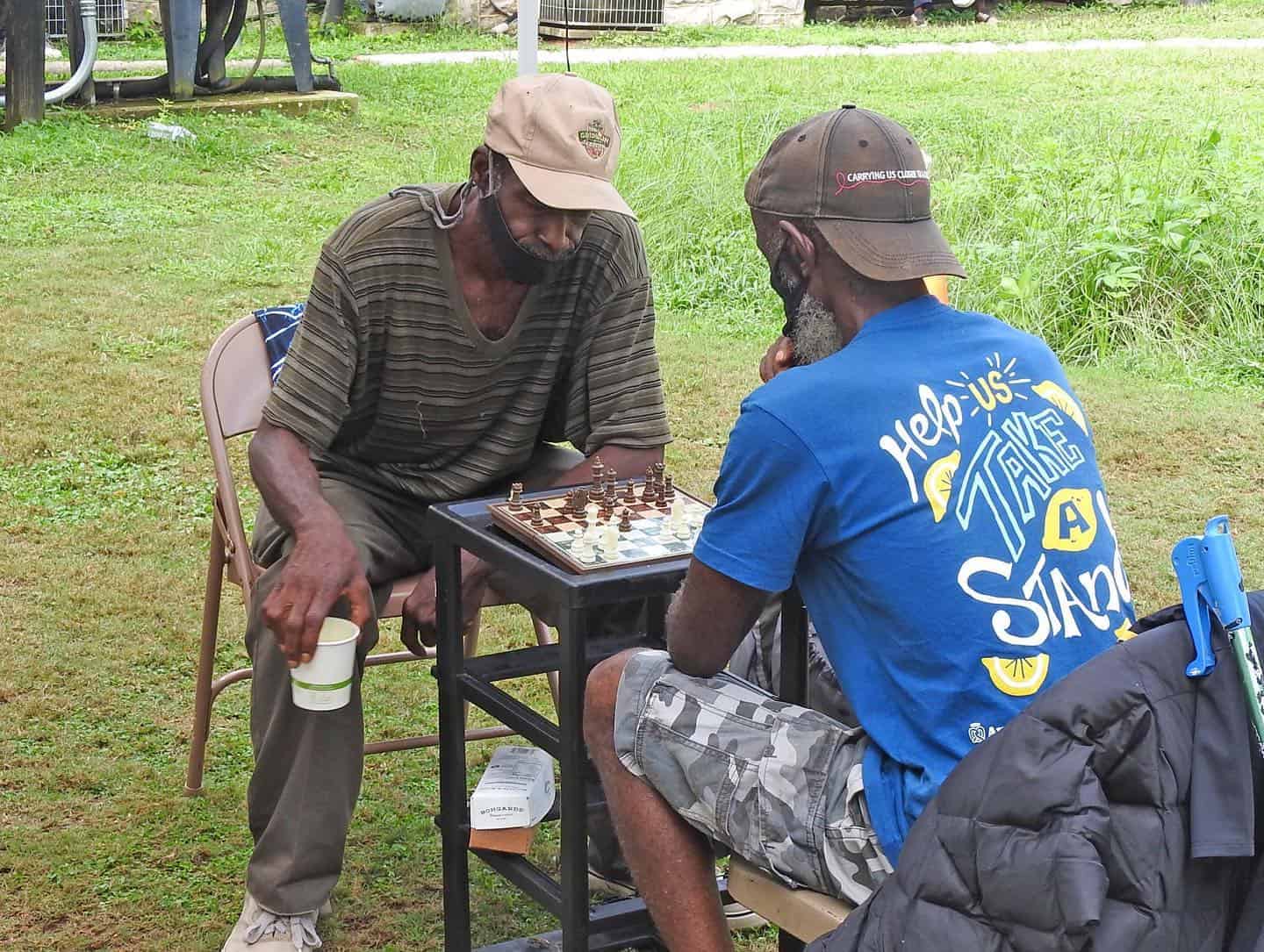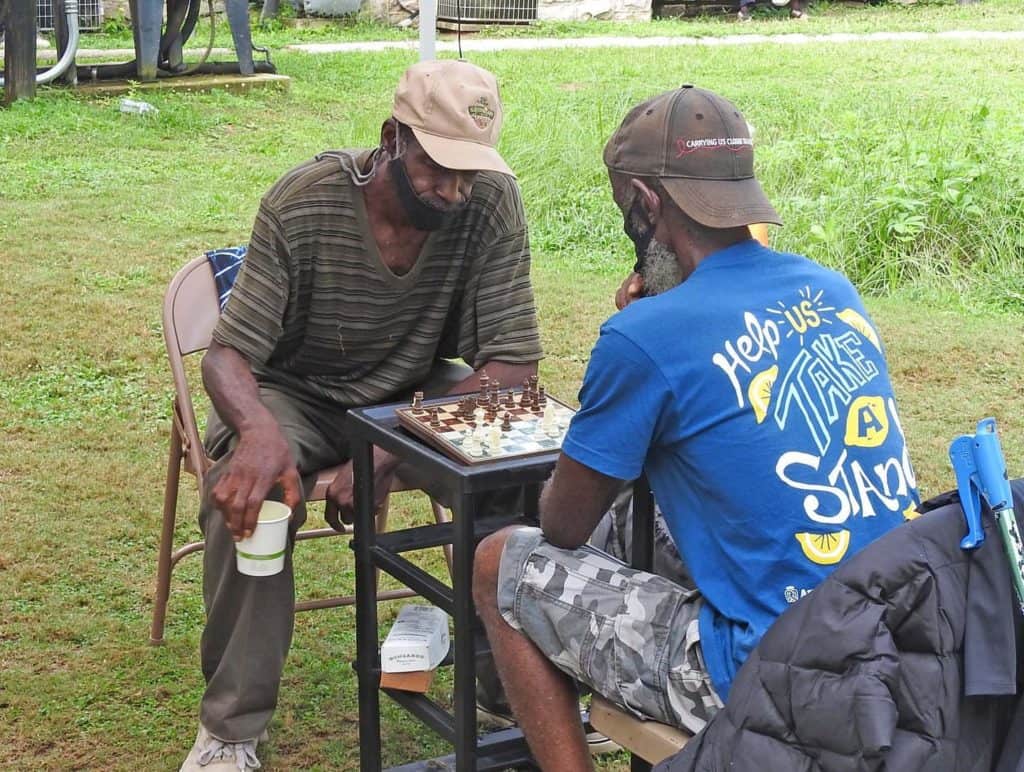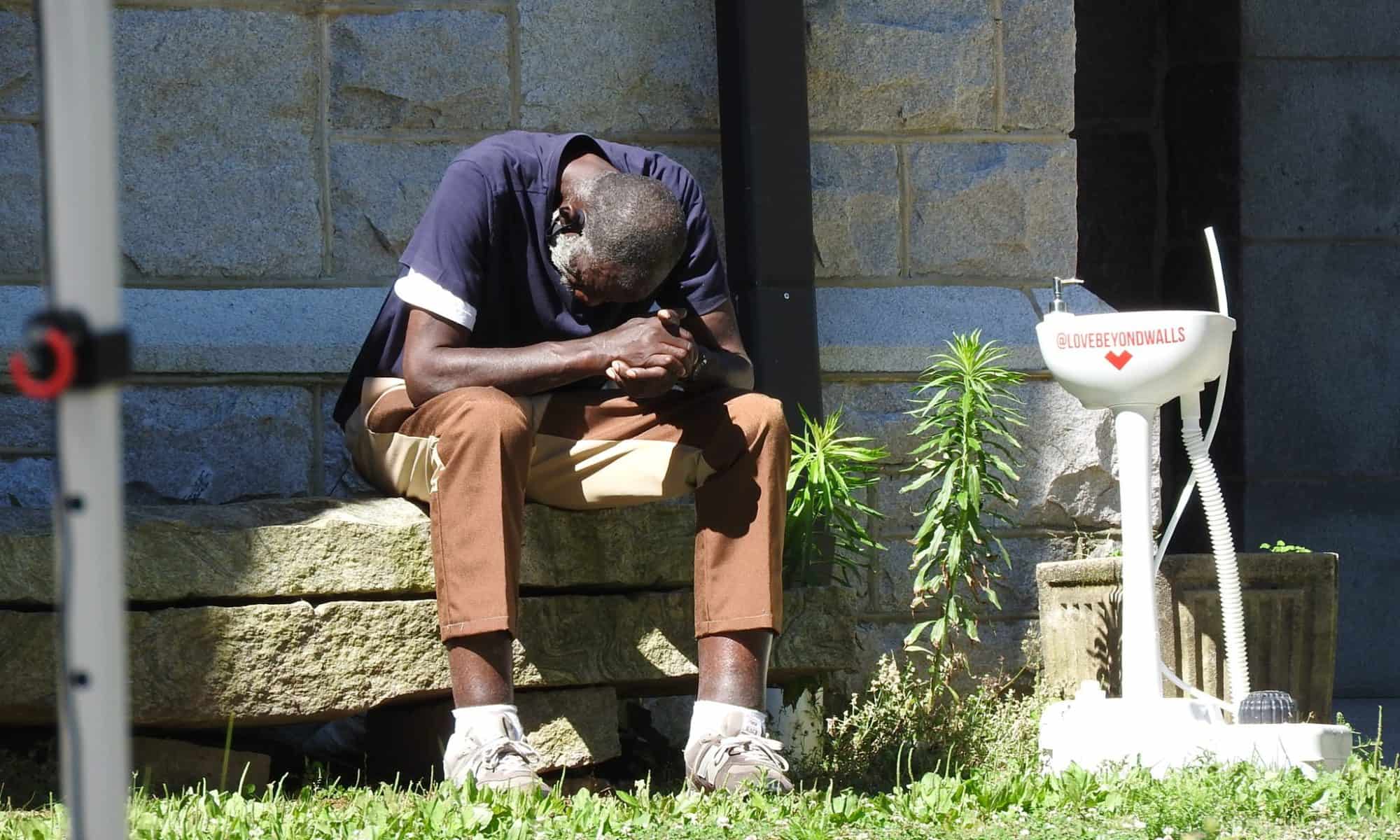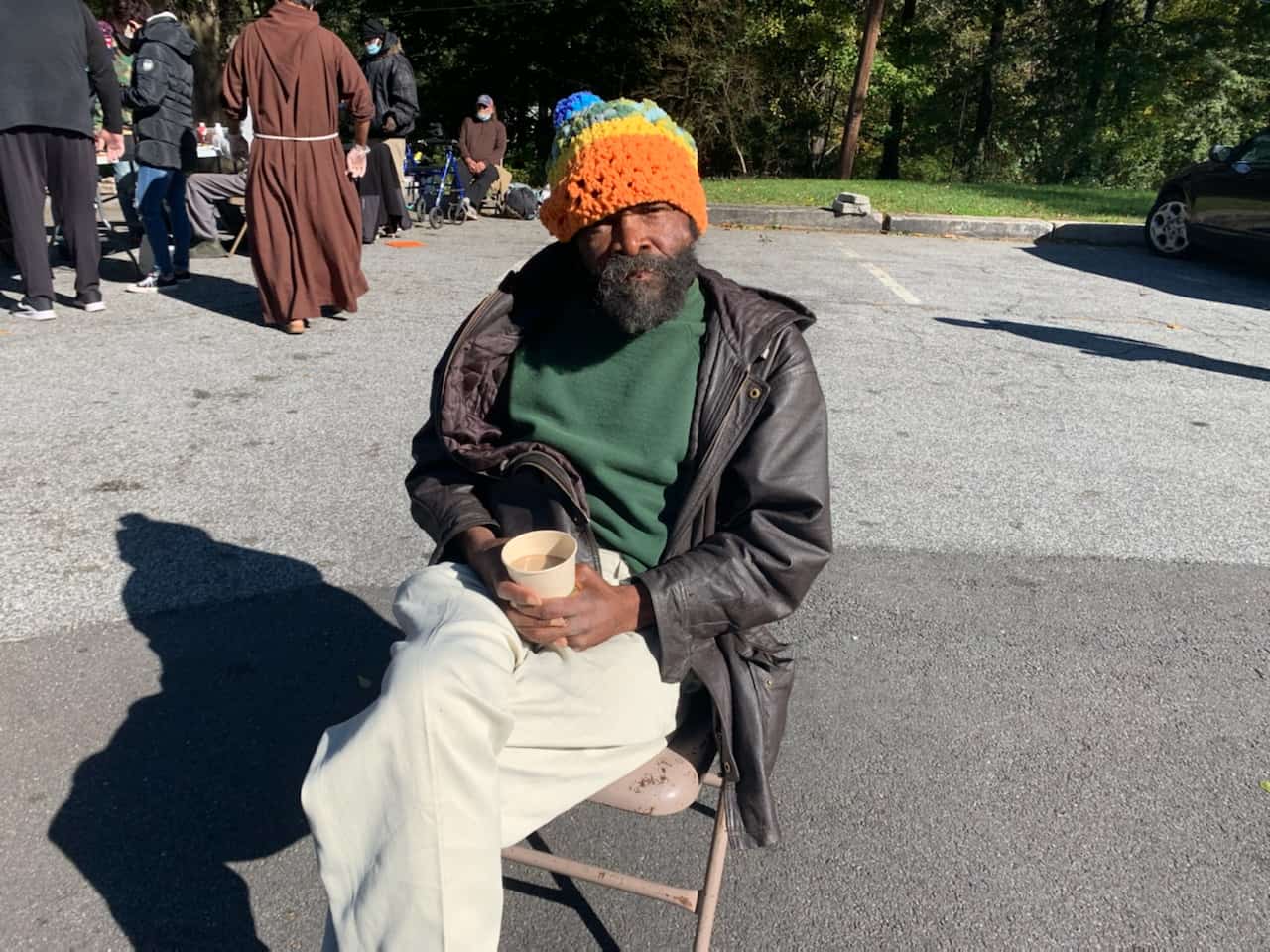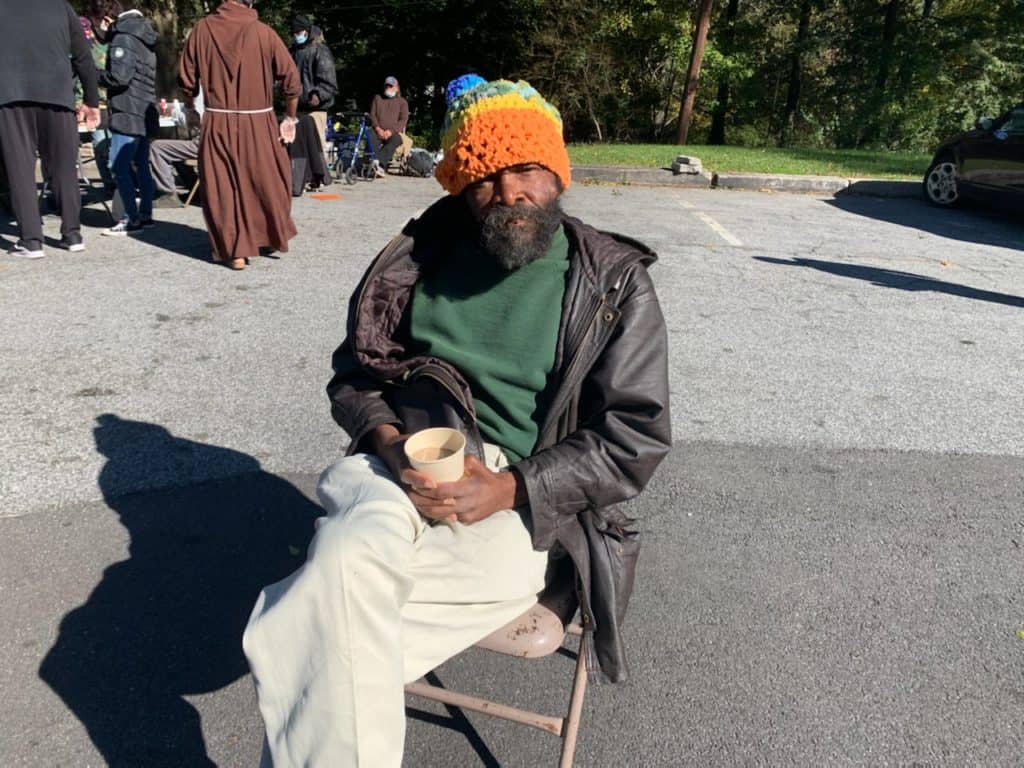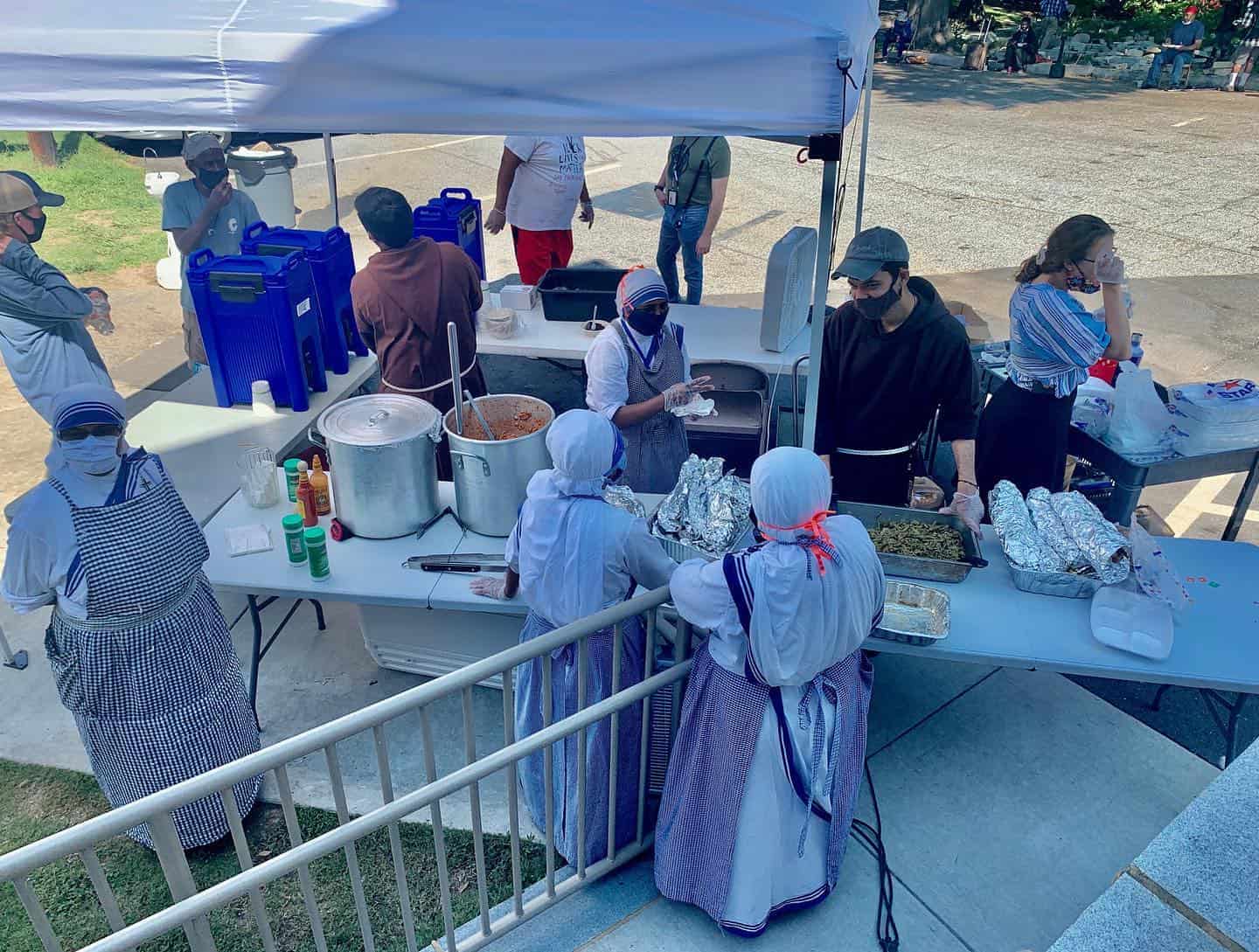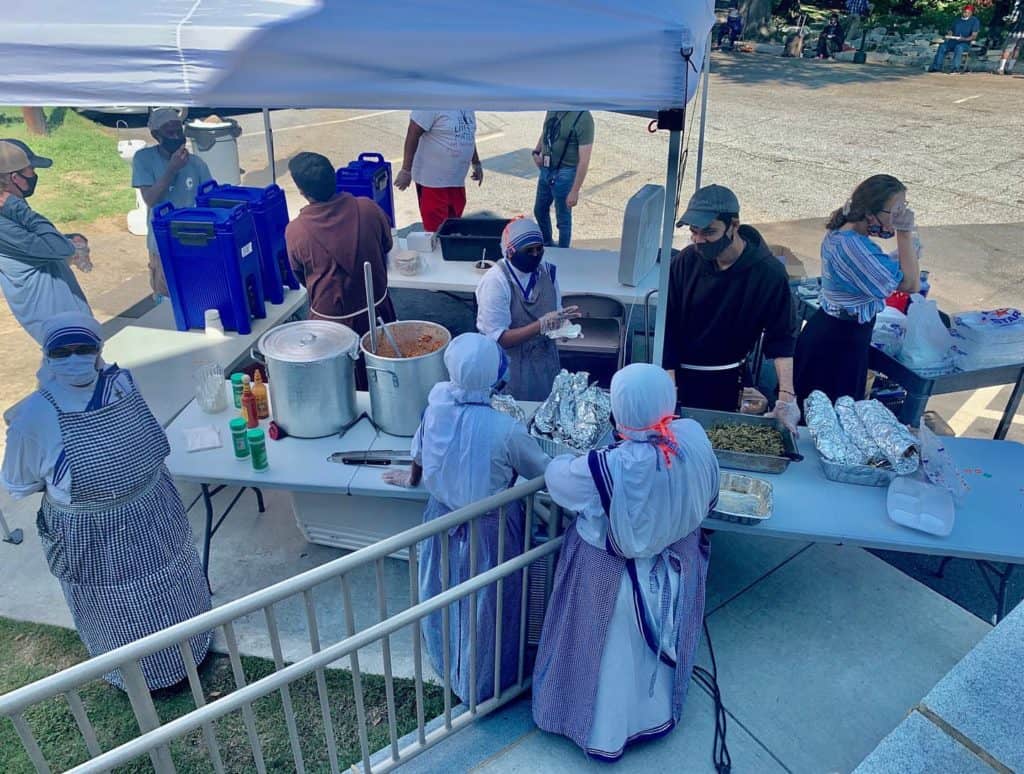Author: Holly Reimer
John 1:6-8, 19-28
Reflection: v. 7, ‘He came as a witness to testify concerning the light’
A love that truly comes from God is one that sees the value, goodness, and beauty in each individual, for no other reason than they are the image of God. Loving in this way means we want others to be included in the goodness of God. I think about the zeal and enthusiasm of children and the ways they are eager to share good and exciting news with those around them. In their youthful joy and childlike fervor, they are not exclusive or selective with who receives this information—it is shared with EVERYONE. John has some really good news about God’s presence among the people. There are those who don’t believe, can’t fathom, and are resistant to such news. John shares it anyway, because good news is meant to be shared. The light and love of God is meant to be shared with EVERYONE. In this particular season, and with this particular text, I am reminded of the Christmas song lyrics, ‘Do you know what I know?’ It is about knowing something really wonderful and the desire to share it—not because it makes the knower more important or powerful, but because we couldn’t think of keeping it to ourselves. It’s saying, ‘I want you to feel and experience the same joy that I do, because I trust and believe that you are just as important as I am.’ Brothers and sisters in Christ, I know something, and I want you to know it too. In a world of great darkness, there is an even greater light. This Light shows us who is beloved, and it isn’t just the rich and the powerful, but it is especially the poor and meek. It isn’t those who ‘claim’ to have it all together, but those who have messed up and made some not-so-great choices. This Light offers grace. Be a humble witness. Be an inclusive witness. The Light is too important for those of us who bear its witness to be anything other than humble and inclusive. What if we shared good news, not because it affects us alone, but because it affects someone else?
Prayer Lord, thank you for the light you have given to us in Christ Jesus. May we not do anything to attempt to diminish such a great light. Amen.

